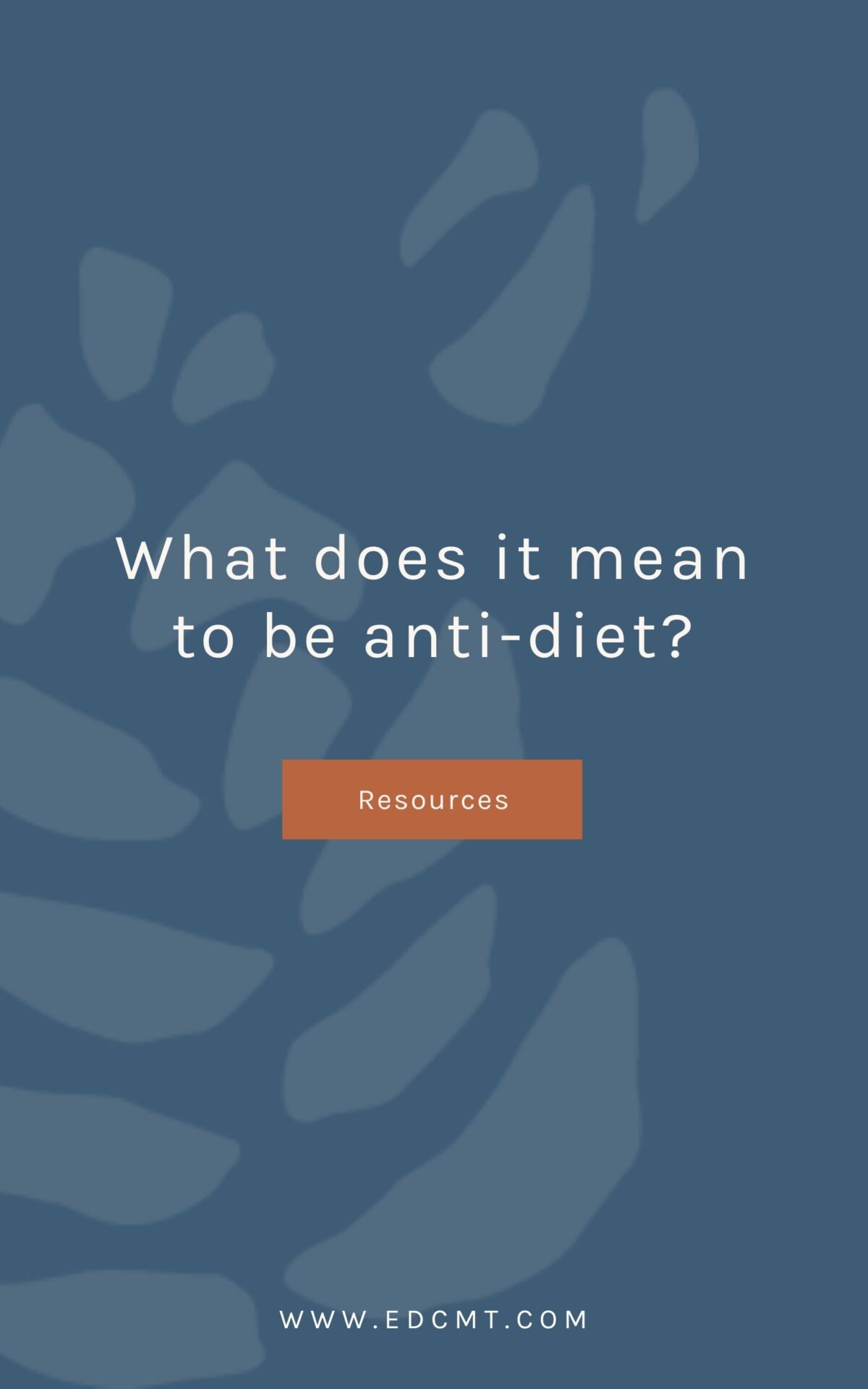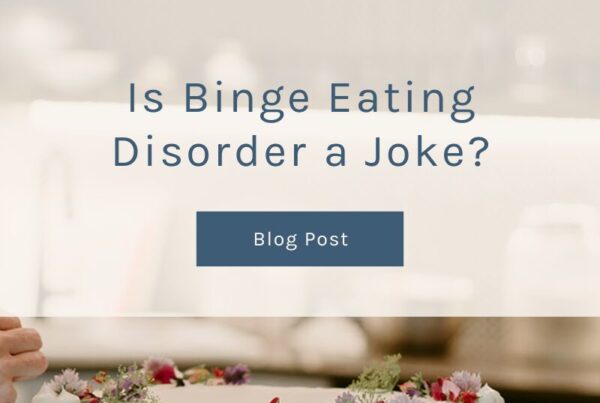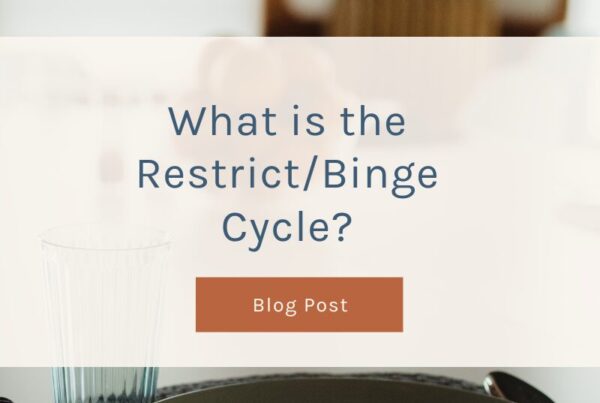
Anti-diet is becoming a buzzword. We think this is cool because the message is starting to spread and more and more people are learning about diet culture and its harms. But, the drawback of things becoming mainstream is that frameworks and movements can be coopted, diluted and misused both accidentally and intentionally. ⠀⠀⠀⠀⠀⠀⠀⠀⠀
⠀⠀⠀⠀⠀⠀⠀⠀⠀
When we say anti-diet we don’t just mean fad or lifestyle diets like Keto, Whole 30, Weight Watchers, Noom etc. Yes, those things are included in the umbrella of the term but the anti-diet movement is a lot bigger than that. It’s anti-diet culture.⠀⠀⠀⠀⠀⠀⠀⠀⠀
⠀⠀⠀⠀⠀⠀⠀⠀⠀
Diet Culture is a complex, living and breathing beast. It shows up in so many different ways. It’s the overt things like calorie counts on menus, photoshopped bodies on Instagram, and detox diets. It’s also the covert like fat people and people of different abilities are treated in the world–did you see singer Mary Lambert’s experience with a radiologist as a fat woman? Our world is designed for thin and abled people–seat belts, restaurant booths, clothing, medical equipment–even though statistically speaking a large percentage of the population is and always has been of varying abilities and sizes. It’s putting our health and how we eat on a moral playing field even though food and health are inherently not moral things.
⠀⠀⠀⠀⠀⠀⠀⠀⠀
If you aren’t used to seeing diet culture, it can be hard to really call out at first. But in time, you begin to see it’s everywhere, that this is in part what makes it so sneaky, because we can’t really separate ourselves from it because it’s so culturally engrained. ⠀⠀⠀⠀⠀⠀⠀⠀⠀
⠀⠀⠀⠀⠀⠀⠀⠀⠀
As Christy Harrison, MPH, RD, CEDS, says, “[being anti-diet] means standing against this oppressive system, in all its sneaky, shape-shifting forms.”




